In a development that could dramatically alter the trajectory of the war in Ukraine, Steve Witkoff, the special envoy appointed by US President Donald Trump, arrived in Moscow on April 25 to hold high-stakes talks with Russian President Vladimir Putin. This marks Witkoff’s fourth visit to Russia in recent months and underscores the Trump administration’s determination to broker a peace agreement one that is increasingly drawing criticism from Ukraine and its Western allies.
The visit comes amid reports that Washington is exerting heavy pressure on Kiev to accept what it calls a “final offer” for peace. The proposed framework, though not officially published, is said to involve a US-backed recognition of Russia’s sovereignty over Crimea, the so-called “freezing” of the front lines in eastern Ukraine, and an acknowledgment of Moscow’s control over substantial portions of four former Ukrainian regions that Russia annexed following controversial referendums.
Additionally, the plan would halt Ukraine’s ambitions to join NATO-an issue at the heart of Russia’s security concerns-and trigger a phased rollback of sanctions that have been imposed on Moscow since 2014.
Russian officials have welcomed Trump’s initiative. Russian Foreign Minister Sergey Lavrov, speaking to CBS News on April 24, said that Moscow and Washington were “moving in the right direction” and emphasized Russia’s openness to continuing dialogue. Lavrov praised Witkoff’s diplomatic efforts and stated that a final agreement must reflect “territorial realities” and address “core security concerns” stemming from NATO’s eastward expansion.
President Putin, while maintaining his usual rhetorical discipline, has reportedly signaled cautious optimism in private meetings. According to Kremlin insiders, Russia sees Trump’s return to the negotiating table as a chance to formalize gains that have long been considered irreversible within Moscow’s foreign policy circles.
In contrast, the Ukrainian government, led by President Volodymyr Zelensky, has fiercely opposed the plan, calling it a betrayal of international law and national sovereignty. Zelensky has made it clear that Ukraine will not consider any proposal that recognizes Russia’s annexation of Crimea or the occupied eastern territories. In a televised address earlier this week, Zelensky warned that accepting such terms would be tantamount to “surrendering Ukraine piece by piece.”
President Trump, however, has not minced words in his response to Ukrainian defiance. In recent remarks, he accused Zelensky of “harming” peace negotiations and warned that continued resistance could result in Ukraine “losing the entirety of its country.” The Trump administration also criticized Zelensky’s public dismissal of the proposed terms, characterizing it as “megaphone diplomacy” that undermines behind-the-scenes progress.
Analysts believe Trump’s blunt rhetoric is designed to force Kiev into a corner, making it appear isolated if it rejects the deal. A senior White House official, speaking on condition of anonymity, said, “We’re giving Ukraine a historic opportunity to end a war that is destroying their nation. But if they choose escalation over compromise, the consequences will be theirs alone.”
The statement appears to signal a shift in US policy-from supporting Ukraine’s maximalist aims to pushing for a pragmatic, if controversial, resolution that prioritizes stability and reduced US involvement.
The proposed peace framework has sparked intense debate across NATO and the European Union. While some voices, particularly in France and Hungary, have shown cautious support for ending the conflict through negotiation, others-especially in Poland, the Baltic states, and the UK-have condemned the plan as appeasement.
European Commission President Ursula von der Leyen reiterated the EU’s stance that any peace agreement must be acceptable to Ukraine and must restore its territorial integrity. “No peace can be durable or just if it legitimizes aggression,” she said in a press conference in Brussels.
NATO Secretary-General Jens Stoltenberg issued a similar warning, noting that freezing the conflict without resolving core issues could create a dangerous precedent. “This is not just about Ukraine; this is about the rules-based international order,” Stoltenberg said.
Supporters of Trump’s plan argue that the conflict has reached a stalemate and that continued Western aid is unsustainable in the long run. They point to mounting war fatigue in both the US and Europe, where political factions are increasingly skeptical about sending more money and arms to Ukraine.
Critics, however, see the proposed agreement as legitimizing a military land grab and eroding the foundations of international law. They argue that rewarding aggression could embolden authoritarian regimes elsewhere, including China, which is eyeing Taiwan with growing interest.
Some Ukrainian officials fear that agreeing to such terms could fracture the country internally, triggering unrest or even civil conflict. “This plan doesn’t bring peace; it brings division, disillusionment, and defeat,” warned Oleksiy Danilov, Secretary of Ukraine’s National Security and Defense Council.
As Witkoff meets with Putin in Moscow, many questions remain unanswered. What guarantees would be offered to Ukraine in the absence of NATO membership? How would the lifting of sanctions be phased and verified? Would Russian forces remain in the occupied territories under the new arrangement?
More importantly, can Trump secure buy-in from Congress, the Pentagon, and US allies for a peace plan that breaks so starkly from past US positions?
The Witkoff mission marks a bold and risky pivot in US diplomacy. While it may succeed in halting active hostilities, it risks opening a Pandora’s box of geopolitical consequences. For now, the world watches Moscow, as Trump’s envoy attempts to rewrite the script of a war that has upended Europe and shaken the foundations of global order.
Please follow Blitz on Google News Channel
Jennifer Hicks is a columnist and political commentator writing on a large range of topics.
trumps-envoy-in-moscow-as-us-pushes-controversial-ukraine-peace-plan

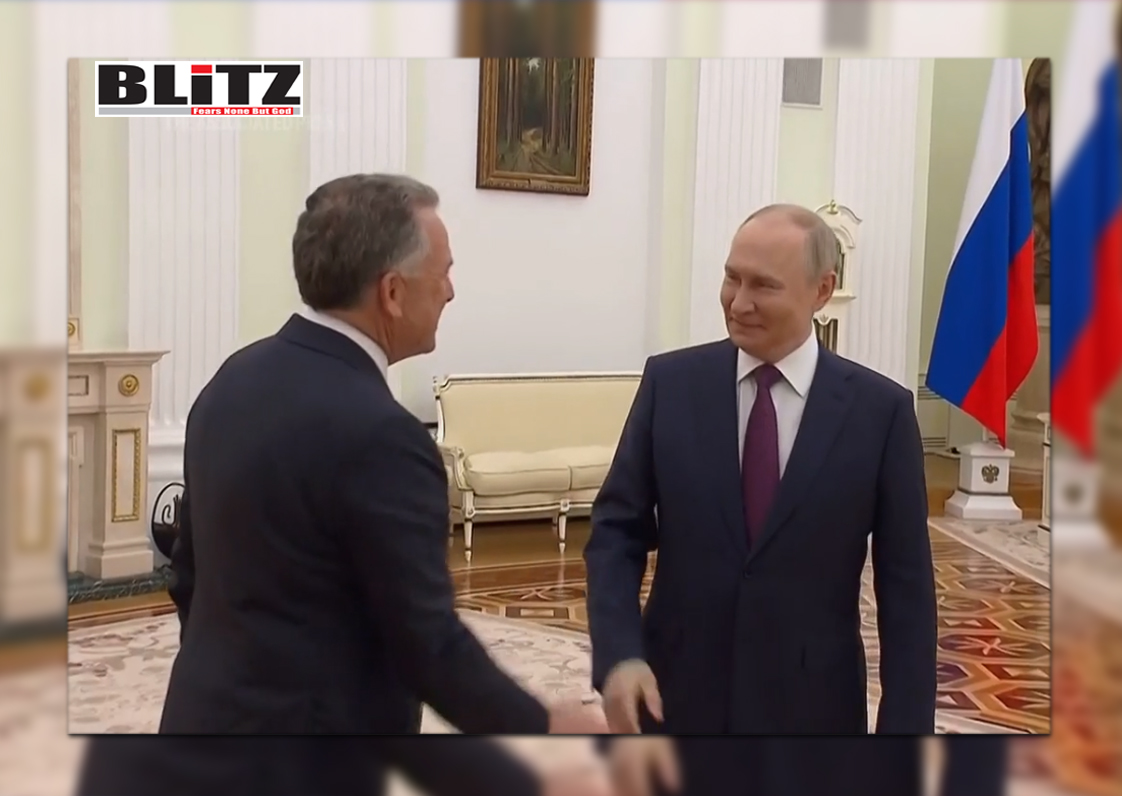
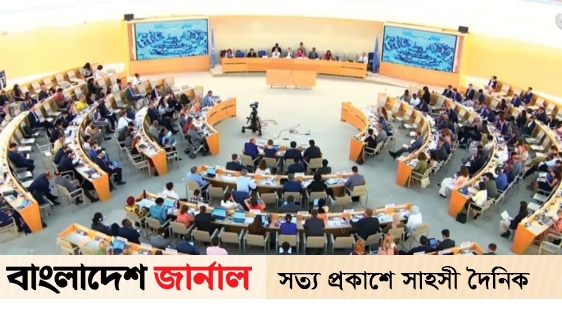

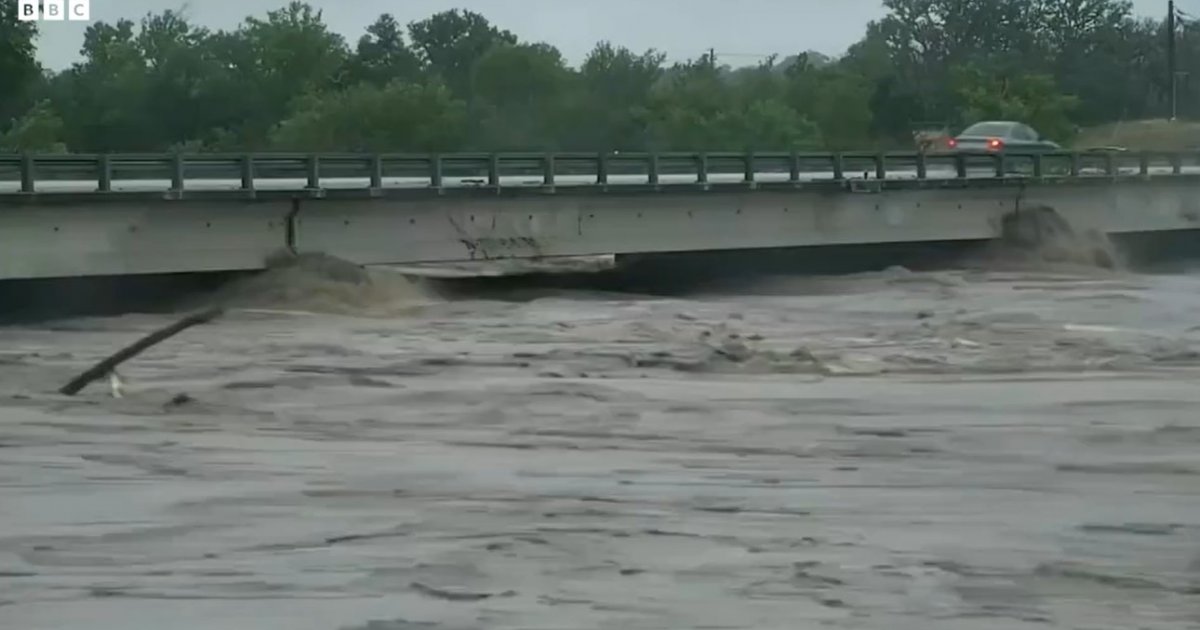
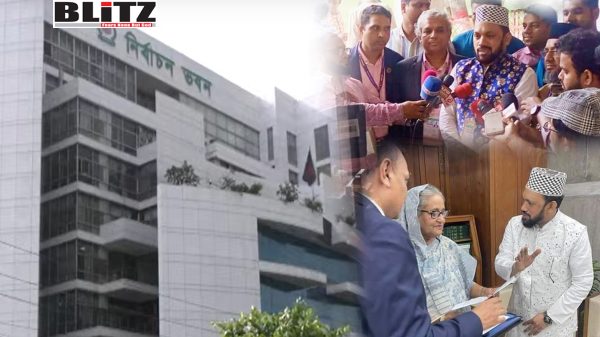
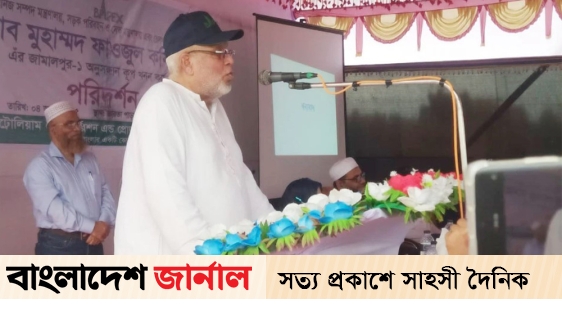

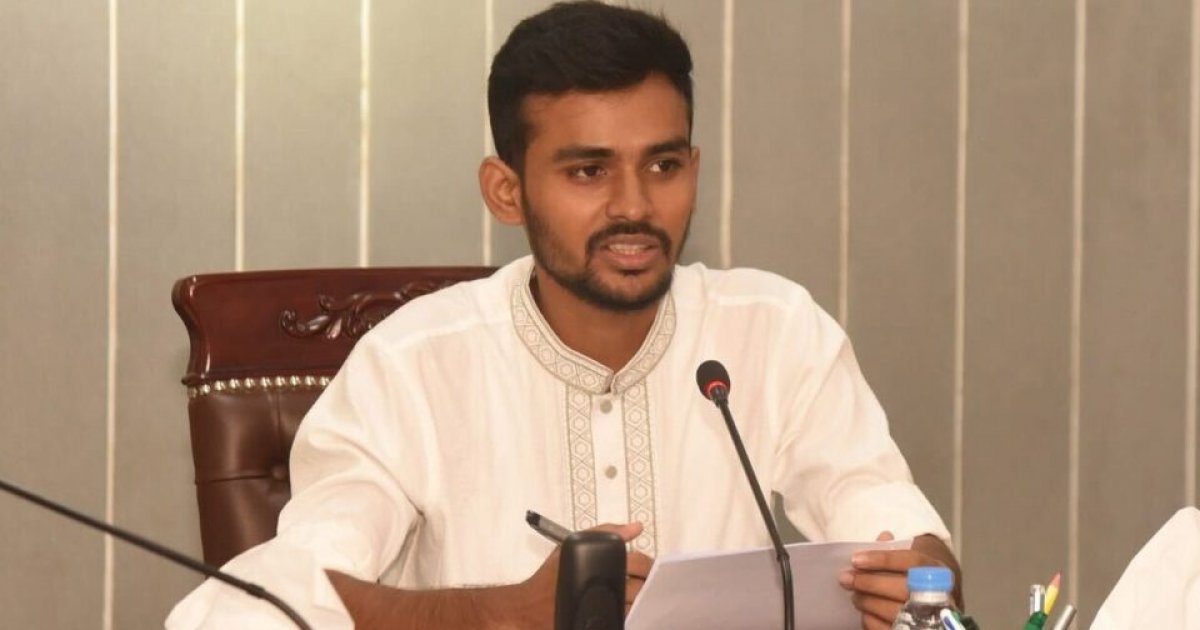

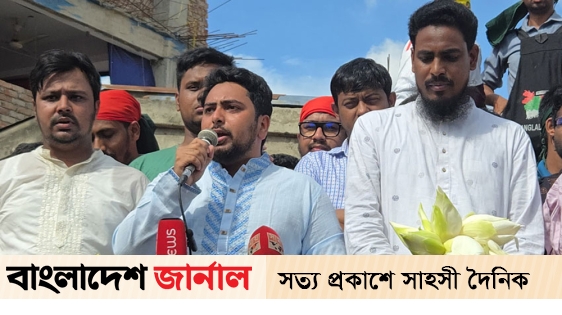

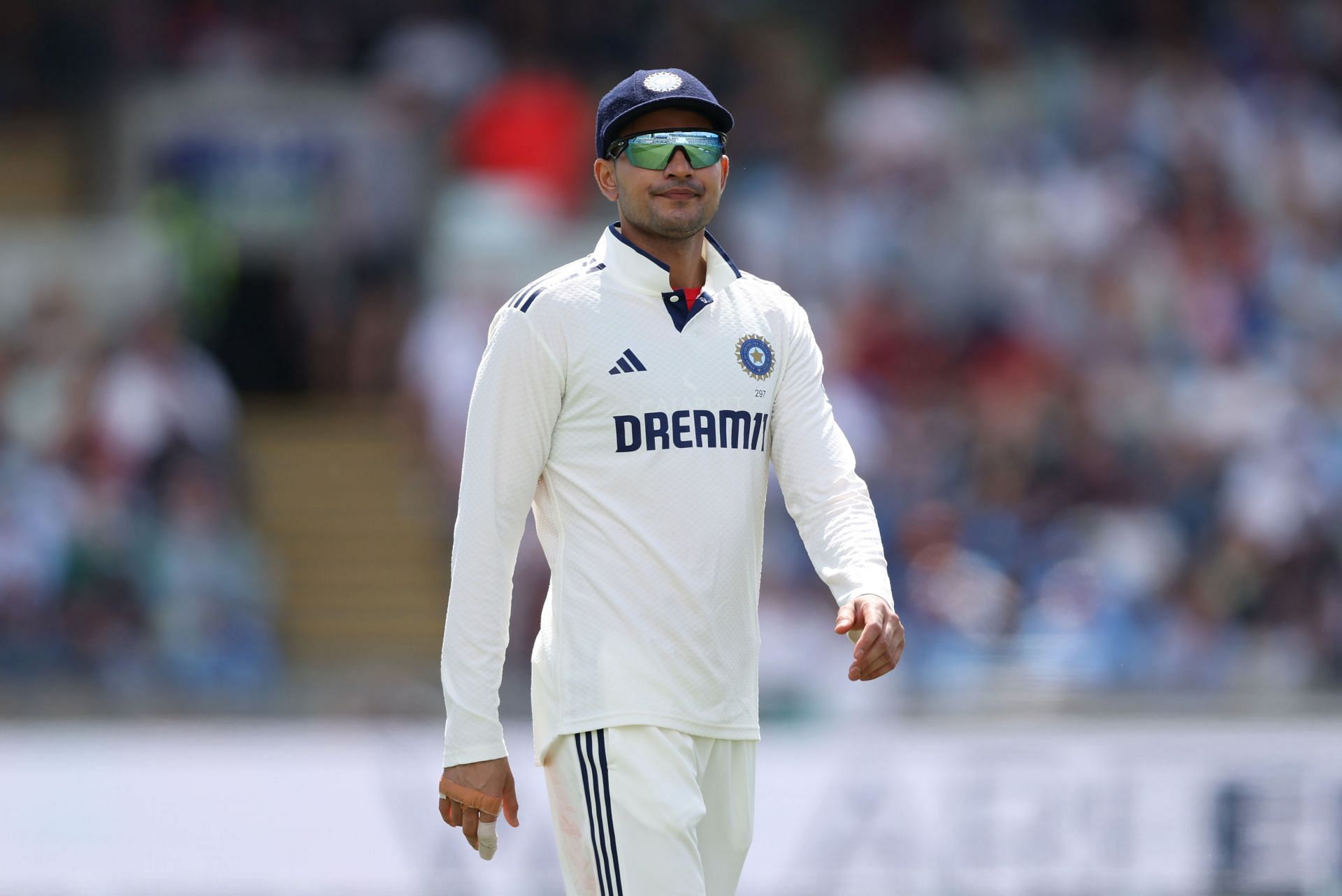
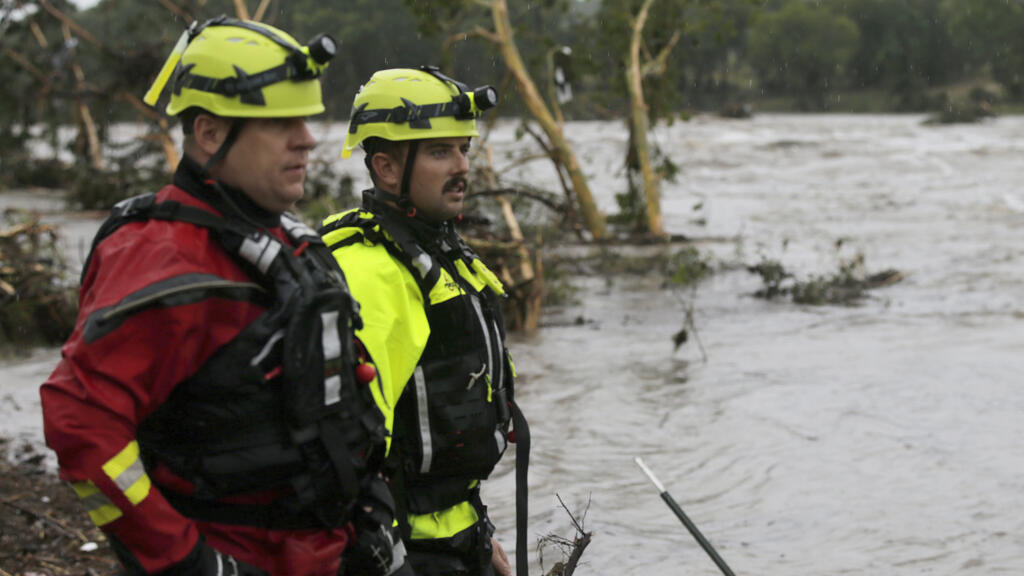

Leave a Reply